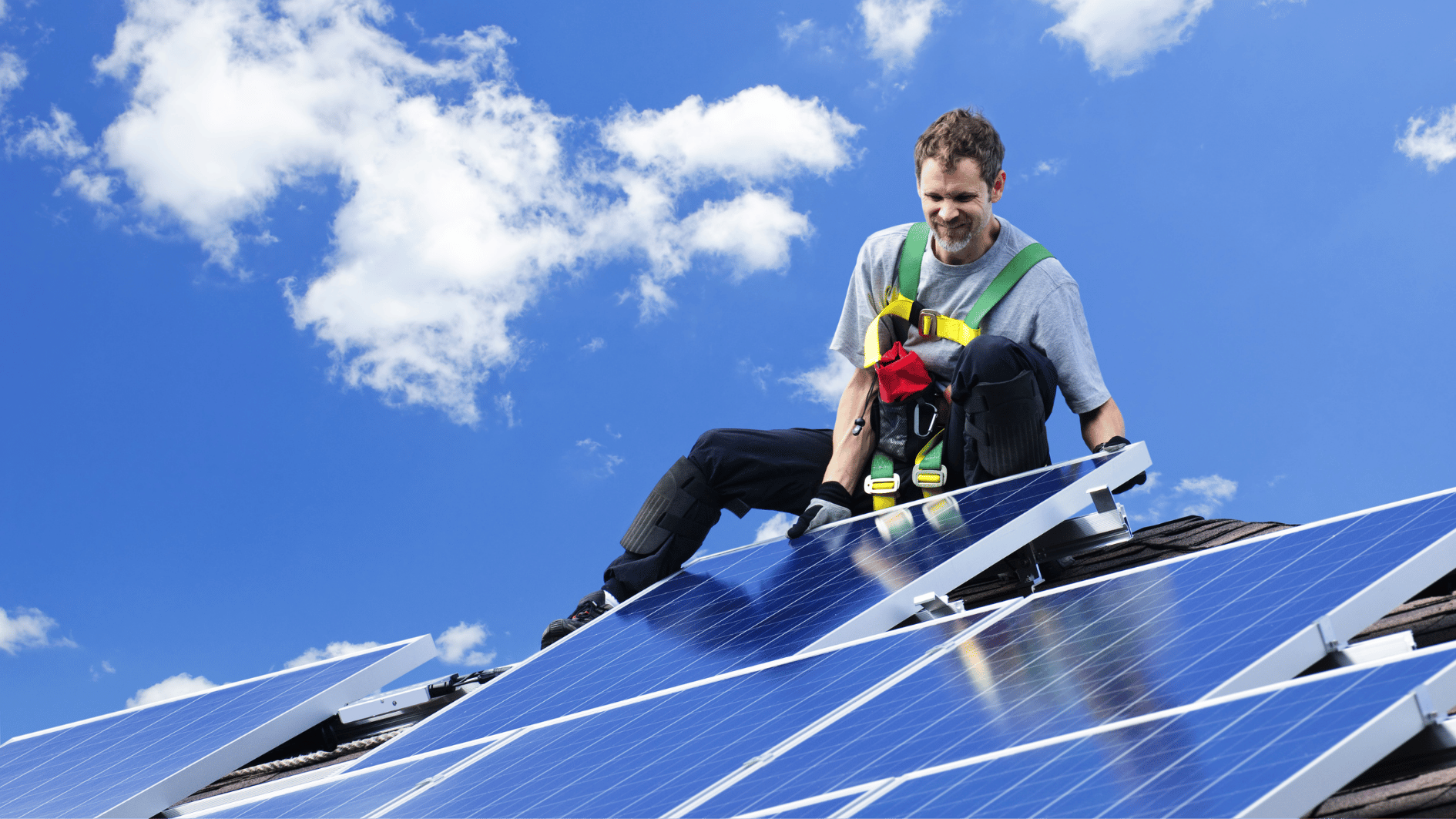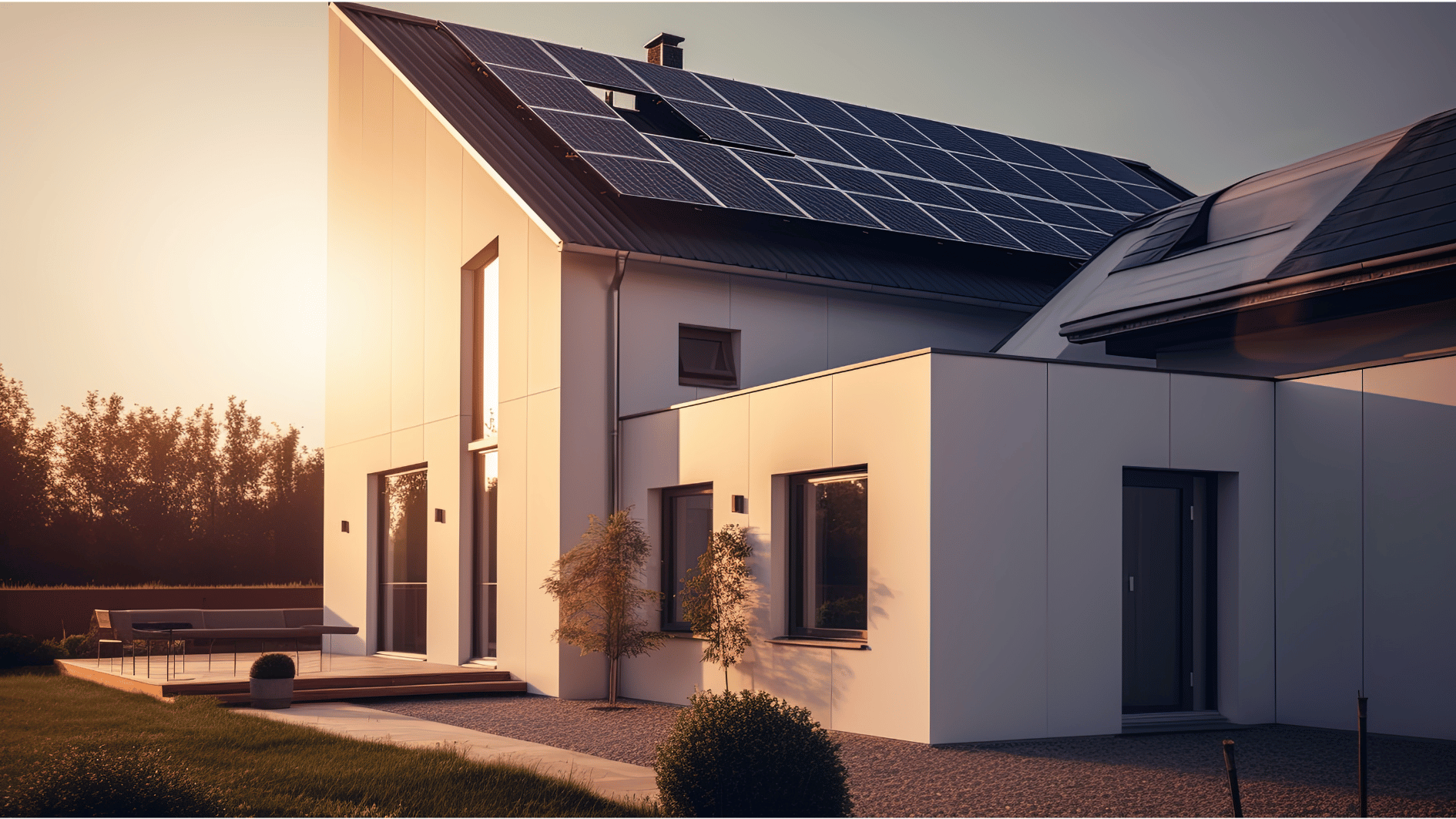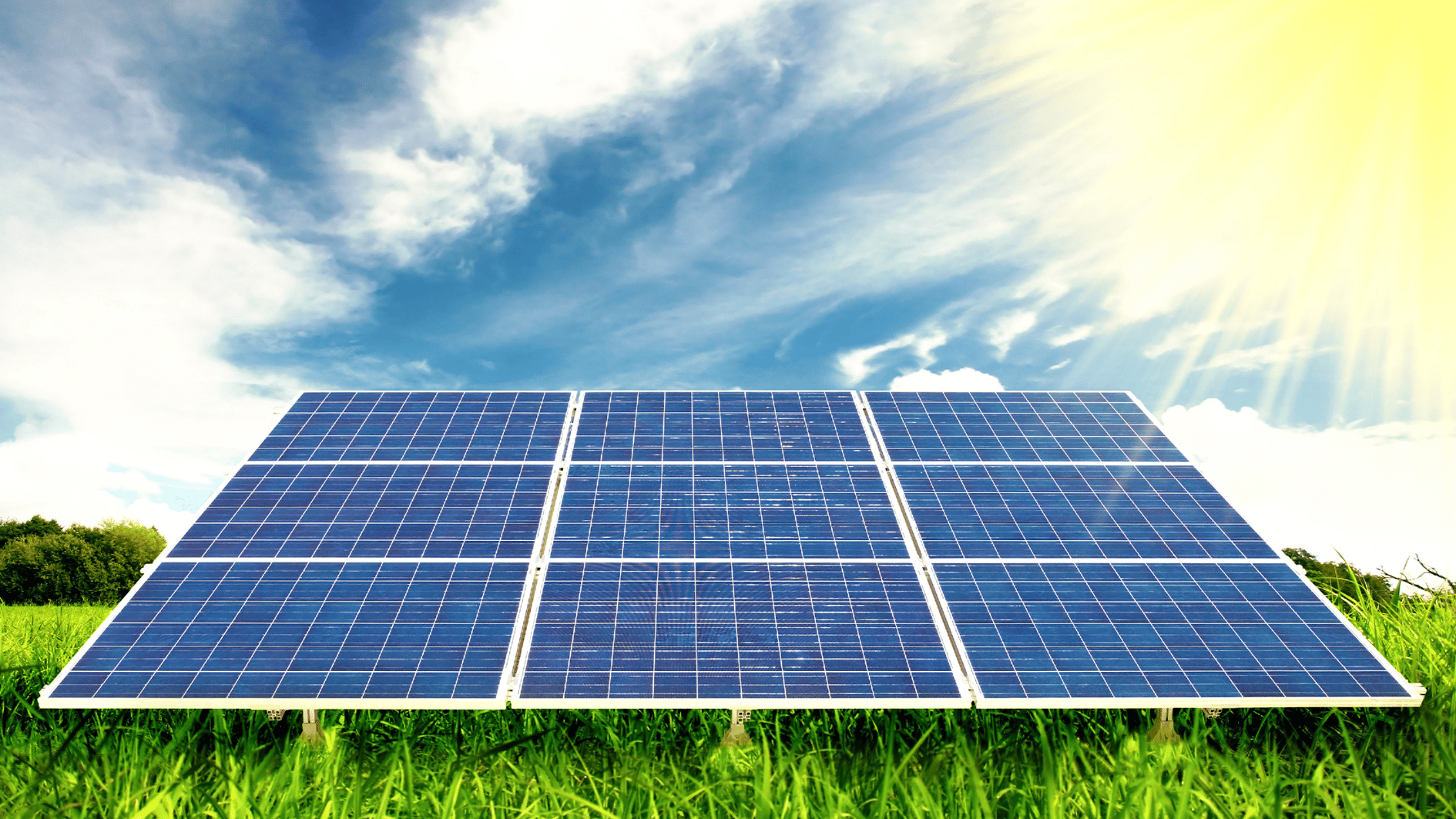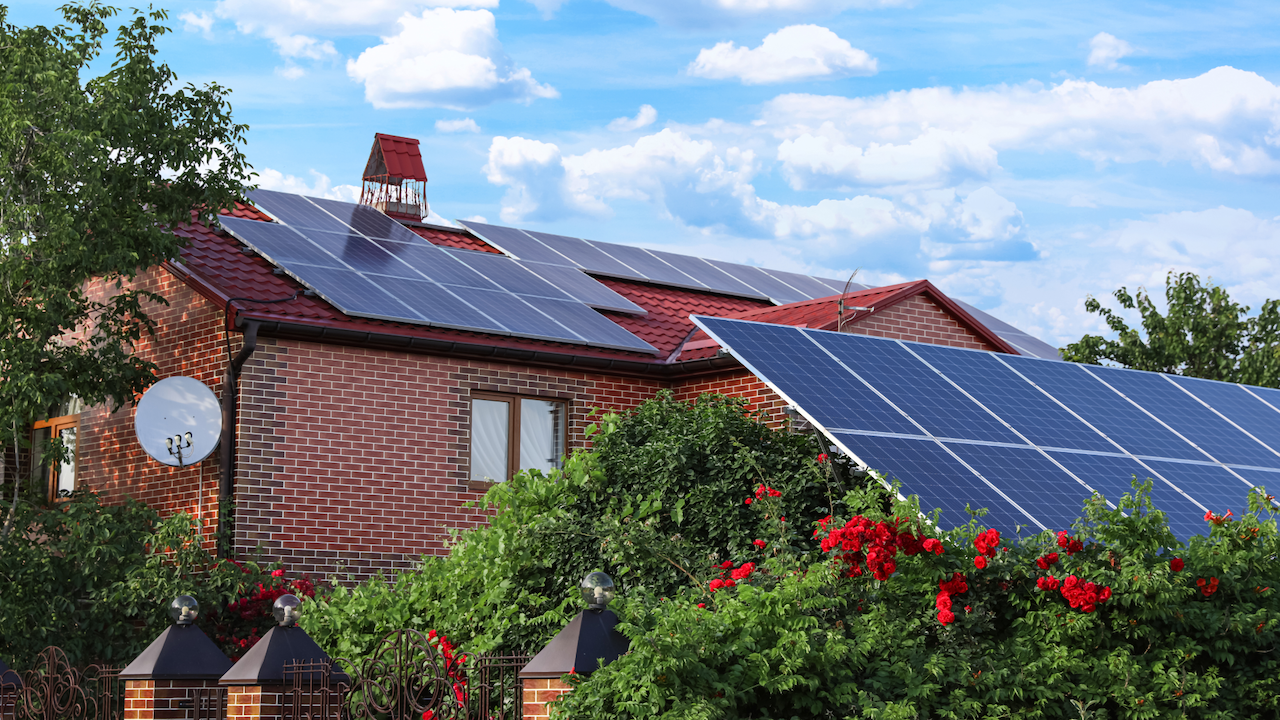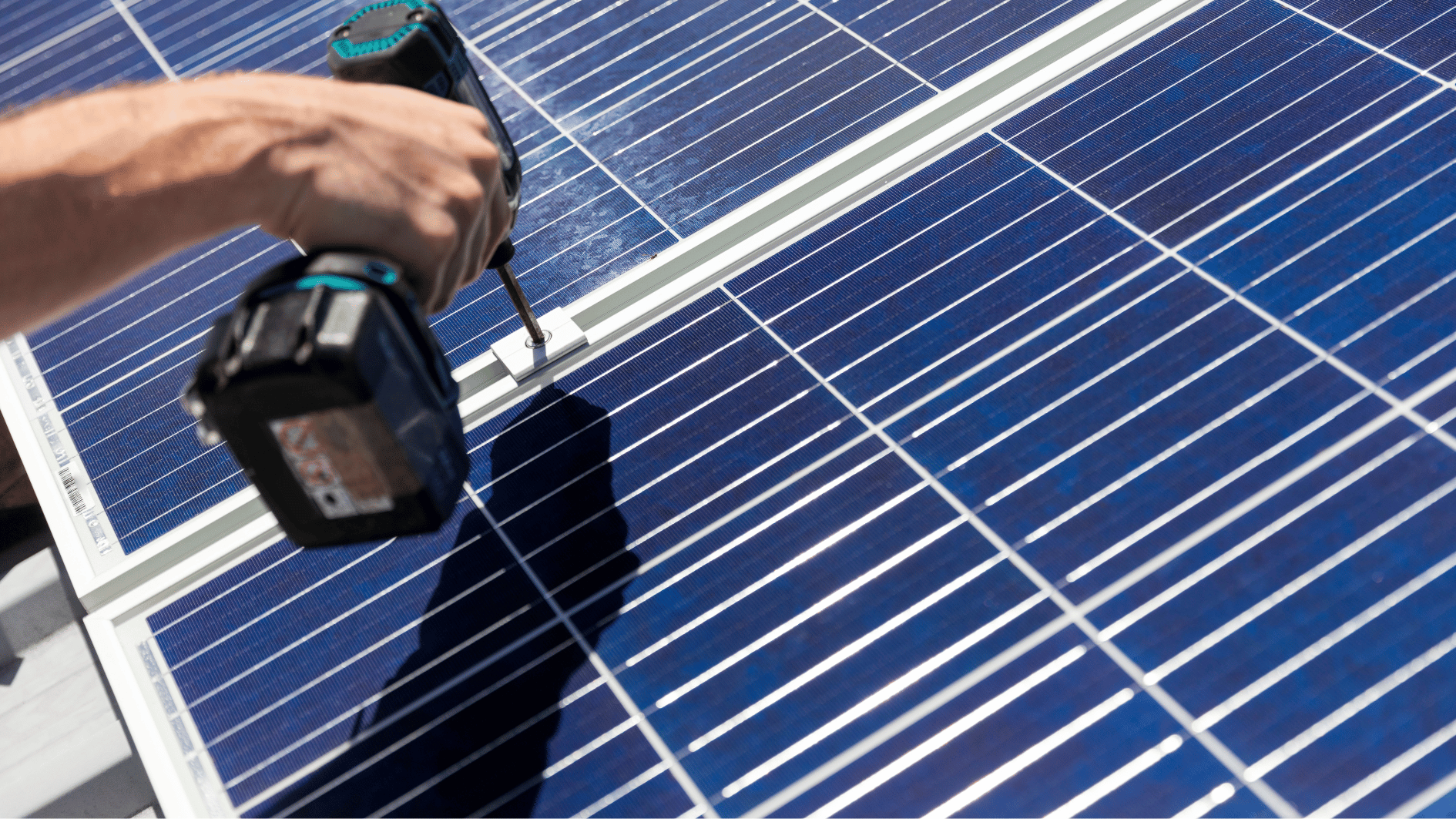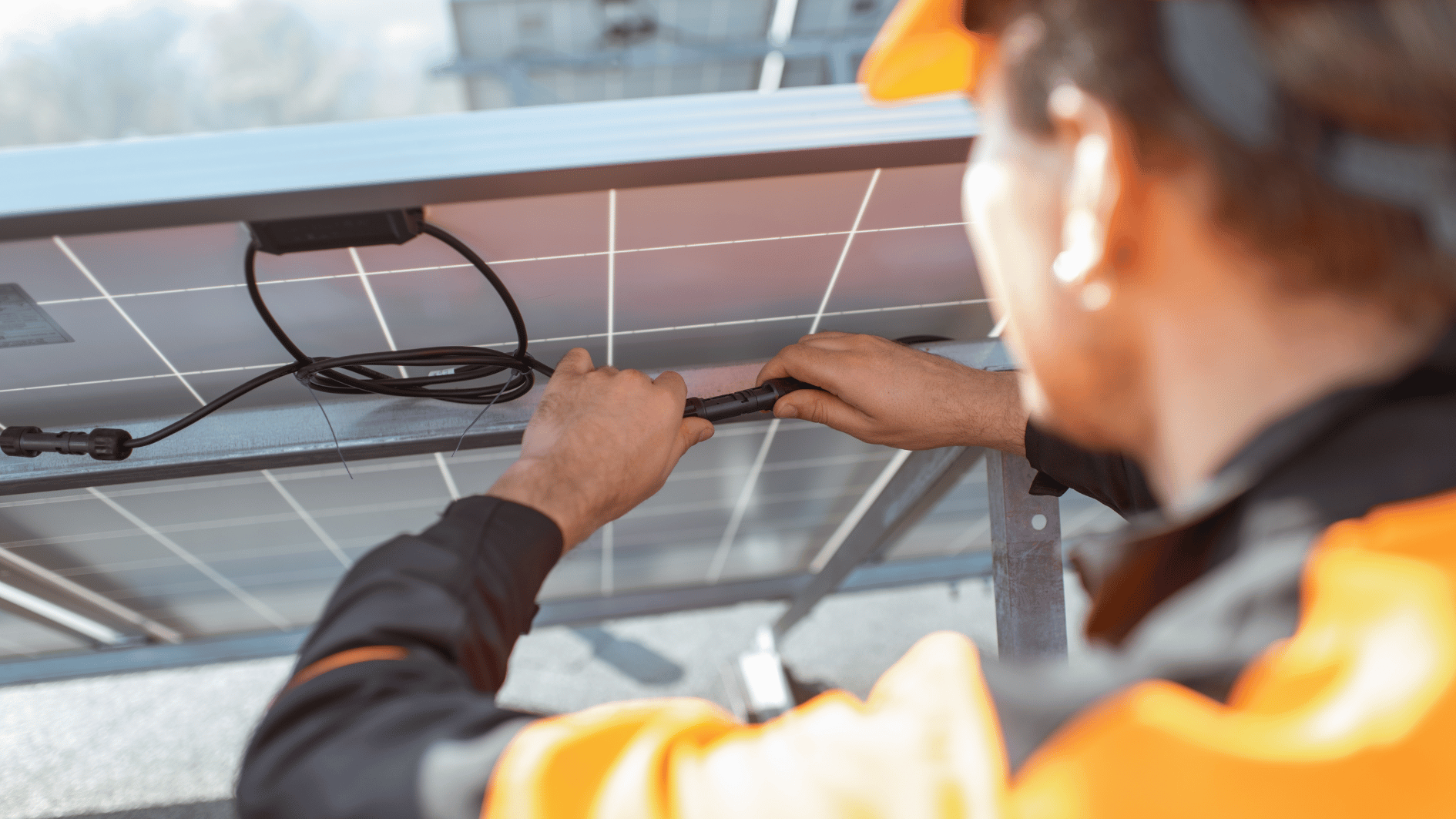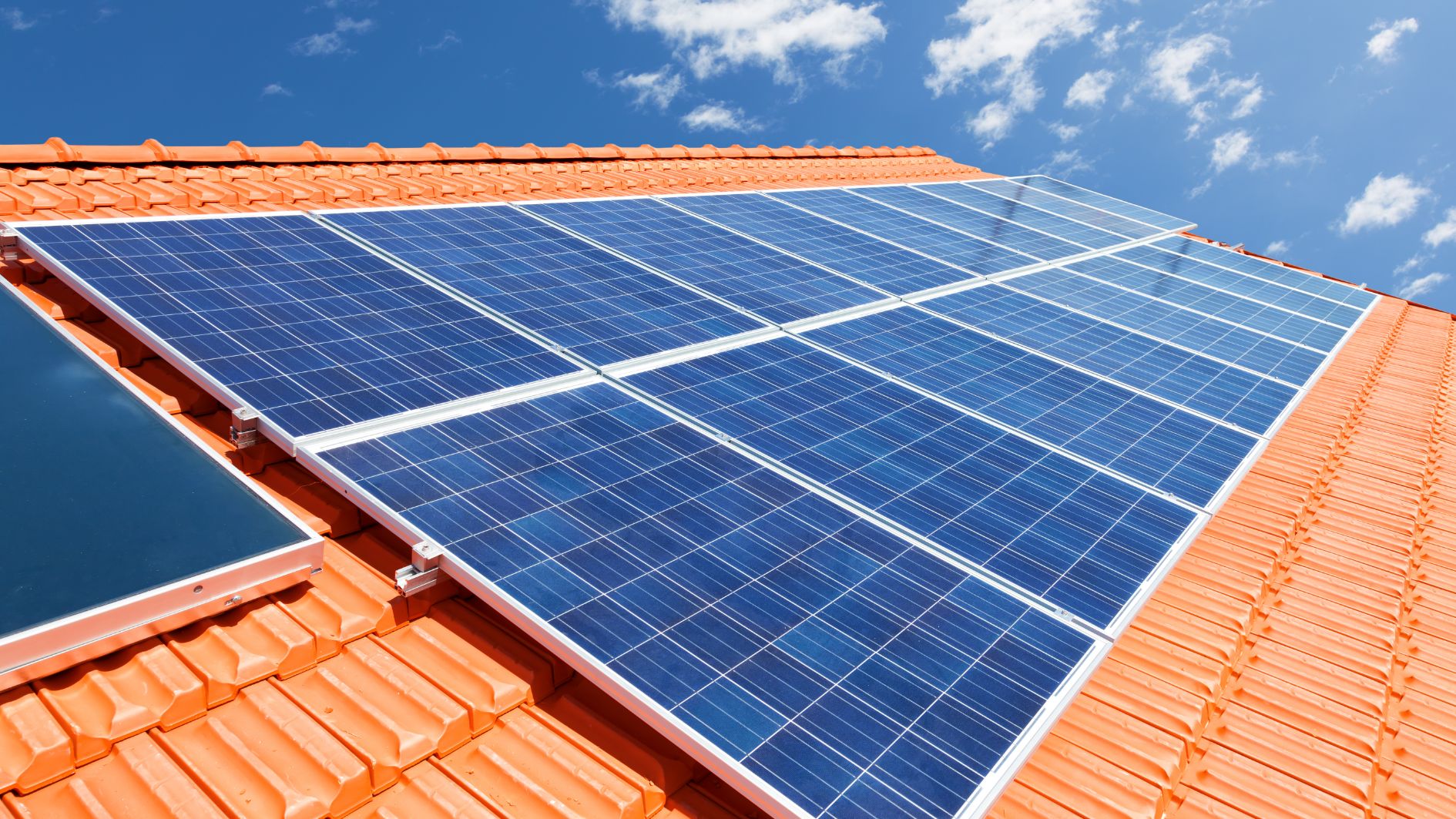Categories: Solar Panels Installing
Installing Solar Panels: A 2025 Guide
Installing solar panels in 2025 is a smart move for reducing energy costs, gaining energy independence, and contributing to a greener planet.
Are Solar Panels a Good Investment in 2025?
To make an informed decision, it’s crucial to understand your potential savings.
Understanding Solar Panel Issues and Degradation
Over 25 years or more, solar panels slowly produce less electricity each year as they naturally wear down.
How Much Energy Can a Solar Panel Generate?
Most residential solar panels available today are rated to produce between 250 and 400 watts of power per hour.
Exploring Different Types of Solar Panel Mounts: A Comprehensive Guide
Your decision between roof-mounted or ground-mounted panels hinges on your energy requirements and personal preferences. Try out our solar calculator on SolarWiki today and discover how much you could save!
Solar Panel Installation Options
Homeowners can utilize solar power to supply their energy needs, reducing reliance on the grid, lowering energy bills, and minimizing their carbon footprint.
Wiring Solar Panels: Series vs. Parallel Connections Explained
Wiring solar panels in series or parallel has significant impacts on the overall performance and efficiency of your solar power system.
Solar Tracking Systems: Is the Investment Justifiable?
A solar tracker system optimizes your solar energy production by adjusting the position of your panels to follow the sun’s path throughout the day.
Exploring Solar Interconnection: A Gateway to Clean Power
Most solar installations in the U.S. are grid-tied, enabling you to draw power from the grid when your solar panels are not generating electricity.
What Are Critical Load Panels and Why Are They Important?
Critical load panels are secondary electrical panels that play a crucial role in energy storage systems. They act as intermediaries between the batteries and the main electrical panel.
Need help choosing a solution for you?
Just create an application, and we’ll help with the selection.


